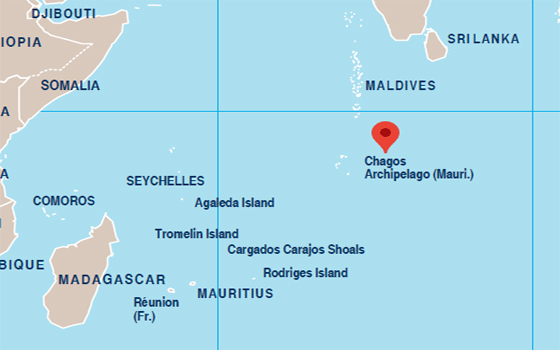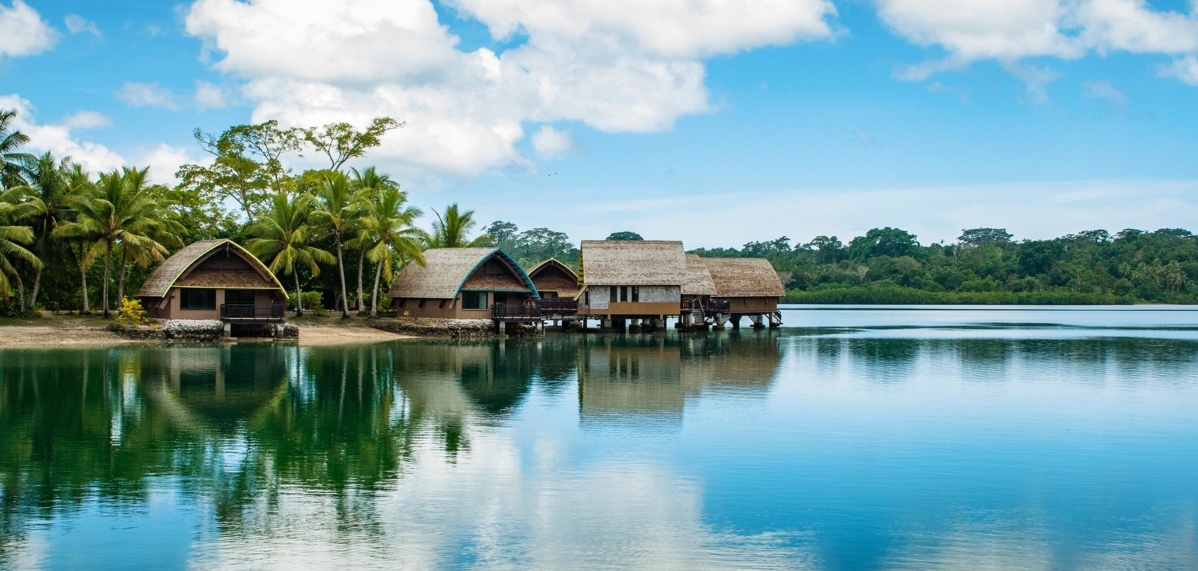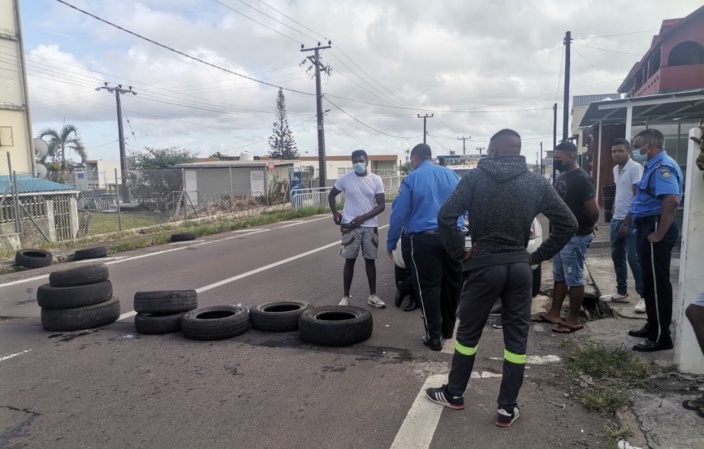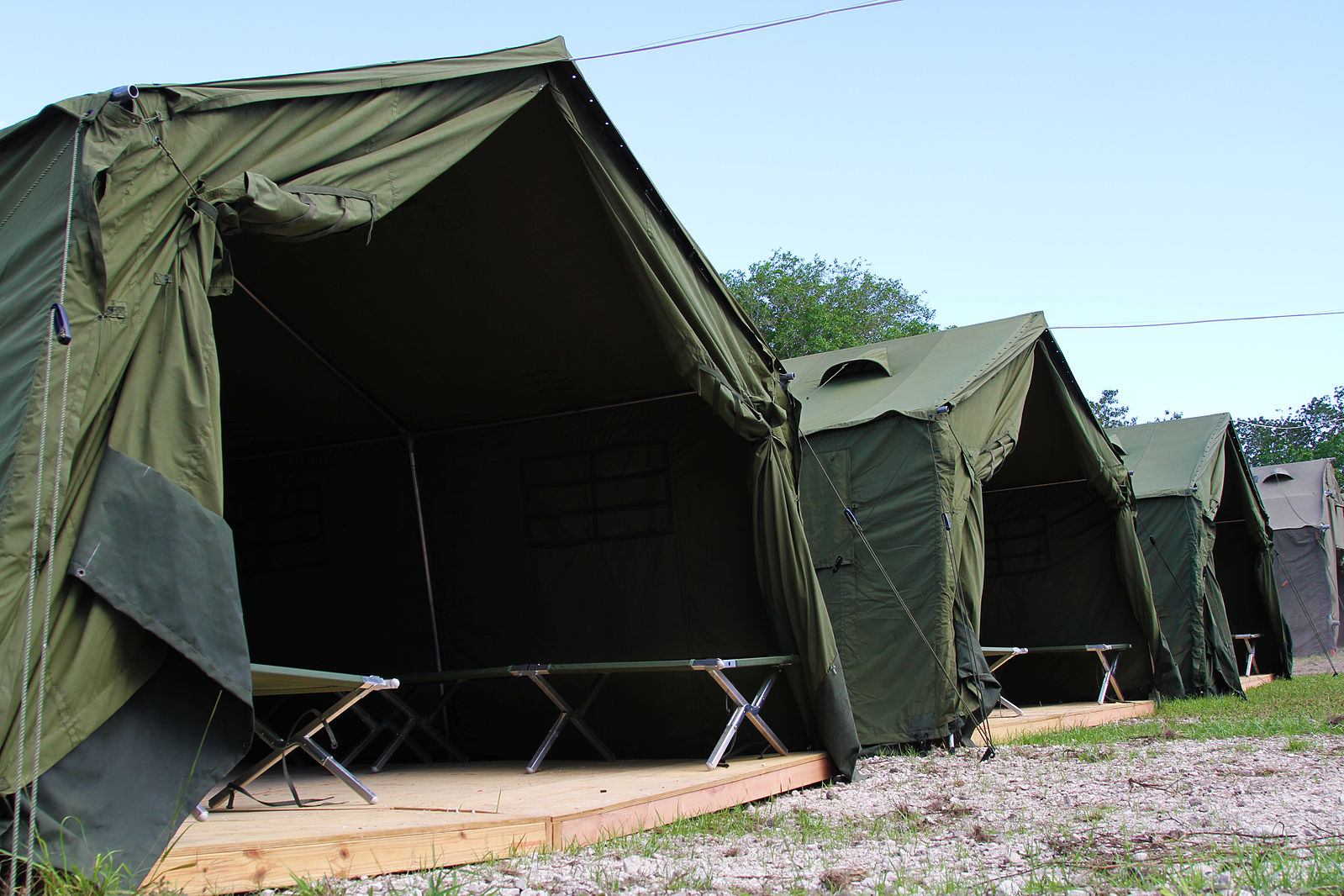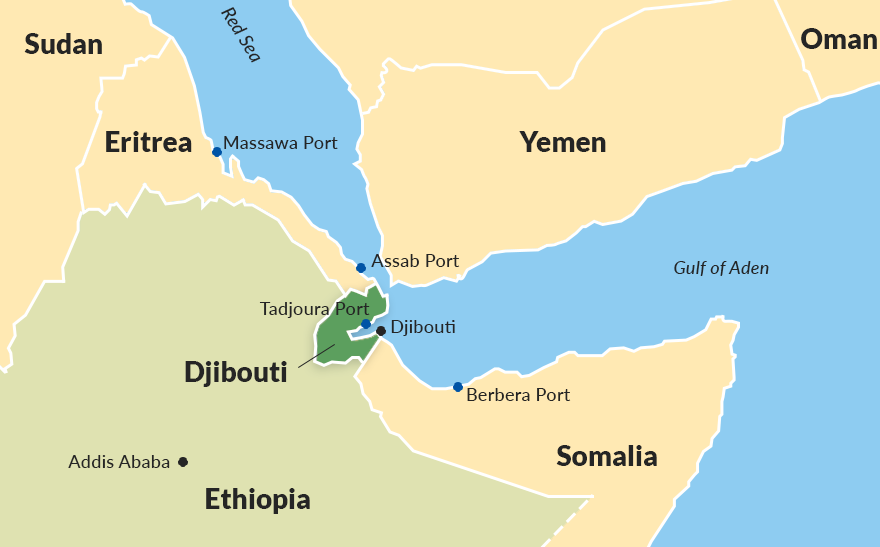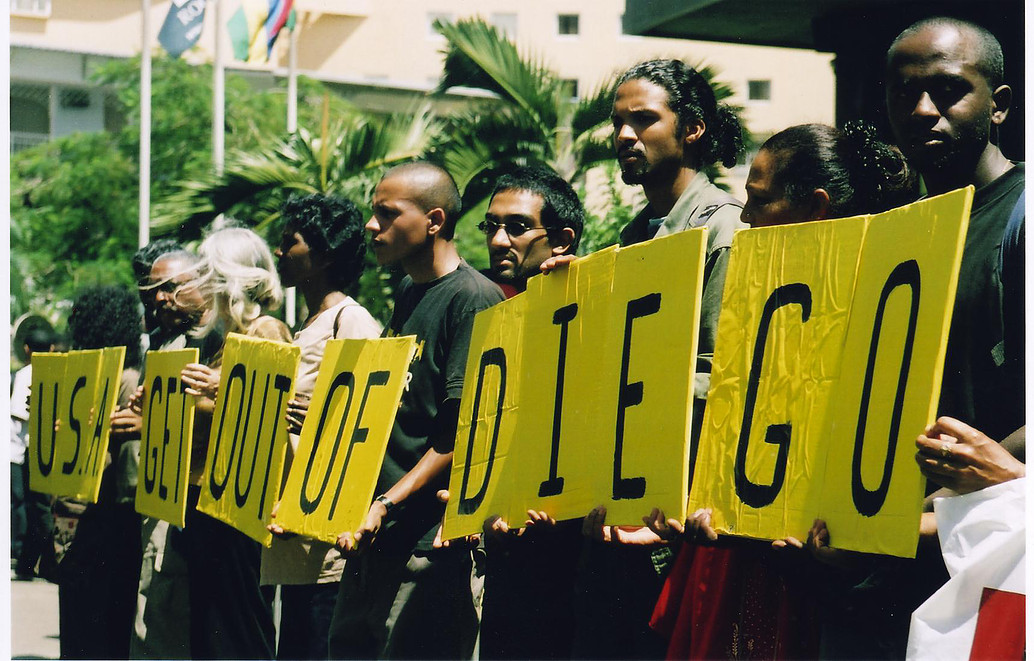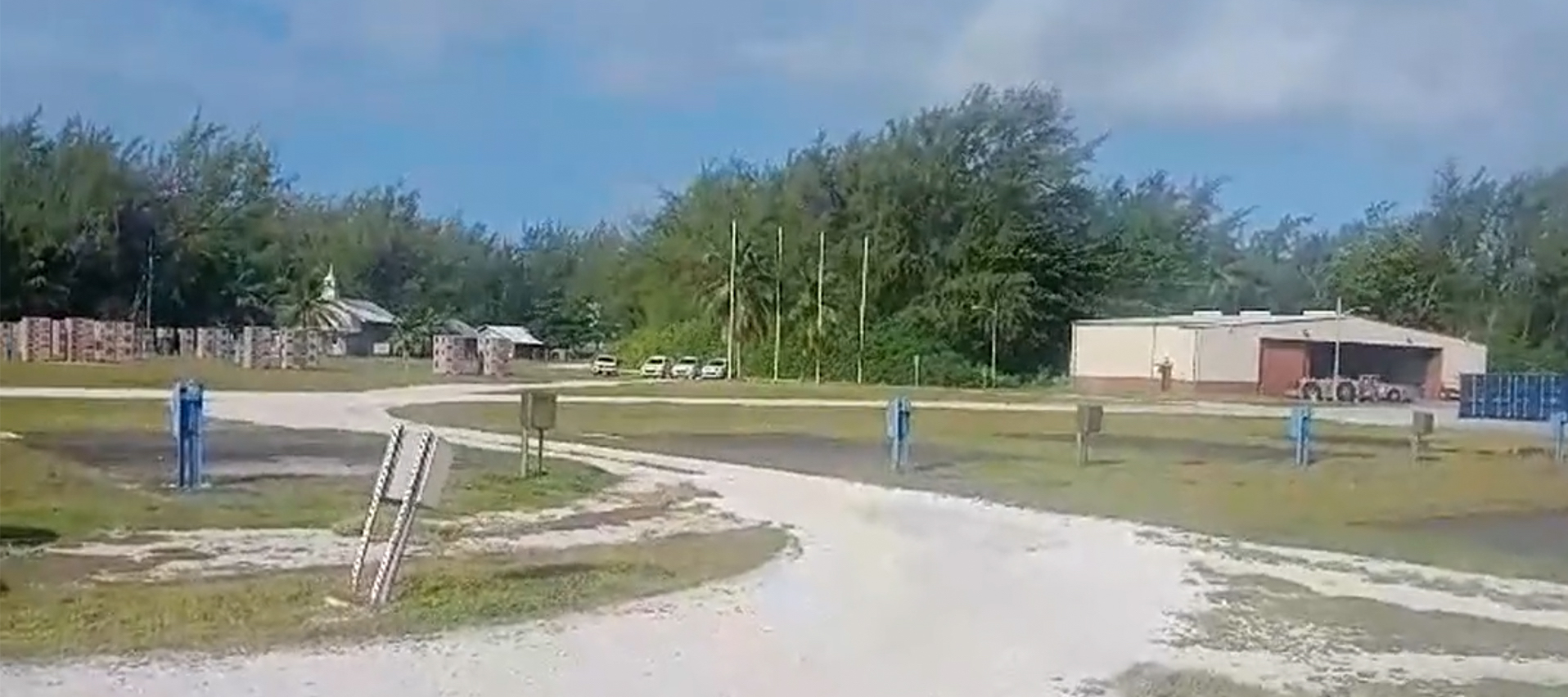
UK offers new ‘detention facility’ to Diego Garcia detainees
With conditions among the asylum seekers on Diego Garcia growing dire and the island set to be ceded to Mauritius, the UK is under pressure to relocate the 56 Sri Lankan asylum seekers stranded there, plus eight receiving medical treatment in Rwanda. The British government has offered to transfer 36 of them to a UN-run transit center in Romania. After six months there, if they do not accept repatriation or re-settlement in another country, they will be accepted to the UK. However, lawyers are trying to have the group brought to the UK directly, arguing that forcing them to spend six months in a Romanian “detention facility” would “cause them to suffer further avoidable harm.” The Romania plan has also upset the 28 men who did not receive the offer and have been told they will stay on the island indefinitely if they do not accept repatriation. At least two began a hunger strike in protest. (Photo via TNH)



